What if we, without judgement, each examined our theatre’s dominant framework?
In late 2016, HowlRound put out a challenge: Propose a convening that would “make a better theatre and a better world.”
Over a year earlier, The Committee for the JUBILEE had begun meeting by phone and Skype. An initial group, enabled by Kirk Lynn, came up with this vision to address parity in the American theatre: creating a pledge for companies nationwide, that commits them to produce a season (2020/2021) of traditionally marginalized artists. The Committee shared this vision widely and invited everyone to join their regularly planning meetings. Committee meetings were often chaotic and usually fun. But we came together around a central belief: theatre in the United States can do better.
When HowlRound released the Challenge RFP, a trio of Committee members answered by proposing the first face-to-face meeting of the Committee for the JUBILEE. We proposed using the convening to plan and shape this festival, to give our committee some structure—dividing into working groups around marketing, recruitment, fund-raising, producing, etc.
The JUBILEE has always been a dynamic organization. Since inception, different members have been available to meet and plan at different points. We view this dynamism as a strength. Theatre in the United States too often places value and centers power in static receptacles: buildings, individual “visionaries,” large bureaucratic organizations that resist speedy change. Static power can even calcify; it can become an anchor that keep the industry from moving forward. We understand this is a result, a contemporary expression of our regional theatre movement roots. But our yesterdays do not need to define our tomorrows.
Our proposal to convene the Committee for the JUBILEE was accepted by HowlRound. We started the work of filling in the list of attendees. At that time there were over eighty members of the Committee, and only fifteen people could attend the convening. We knew the convening attendees would form the first year “core producers”; that we would ask for some heavy lifting. The full Committee, who had been updated and included through the application process, were invited to apply. Individuals who pledged to support the JUBILEE in 2020/2021 were invited. The application was public. In addition, the JUBILEE “executive producers” (Kirk Lynn, Rachel Grossman, Aditi Brennan Kapil)—with the assistance of HowlRound—attempted to recruit those who were reflective of the JUBILEE’s mission and could form a wide, intersectional producing network. We sought a group of convening attendees that would reflect the full constituency of theatre in the US.
The turnaround time was short from application acceptance to convening occurrence. We asked a lot from potential attendees. There were gaps. This is the list of attendees to the HowlRound Challenge Convening of the Committee for the JUBILEE: Aditi Brennan Kapil, Alex Meda, Courtney Sale, Erica Nagle, Erin Washington, Isaac Gomez, Jamie Gahlon, Jonathan McCrory, Joy Meads, Kirk Lynn, Lavina Jadhwani, Lisa Channer, Mary Kathryn Nagle, Rachel Grossman, Regan Linton, and Will Davis.

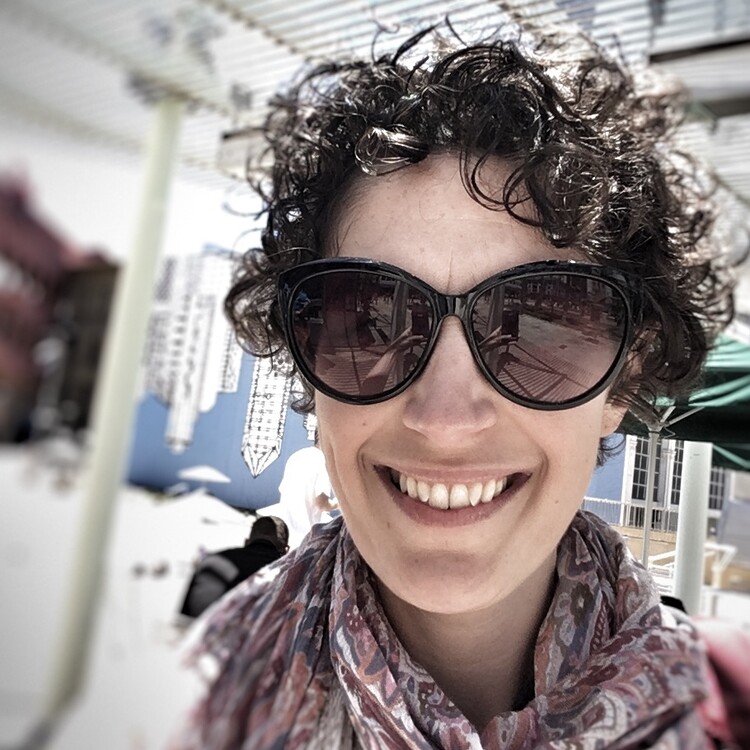
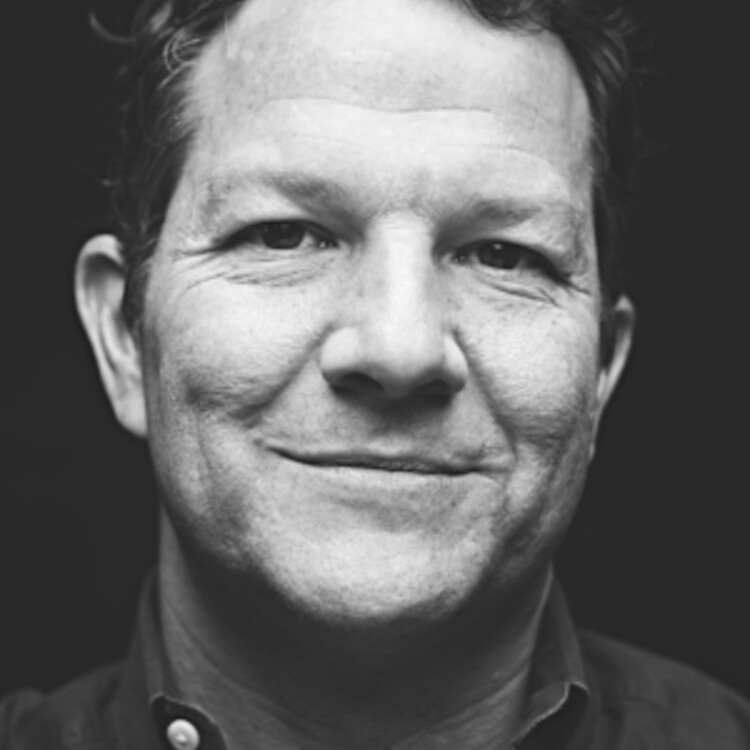
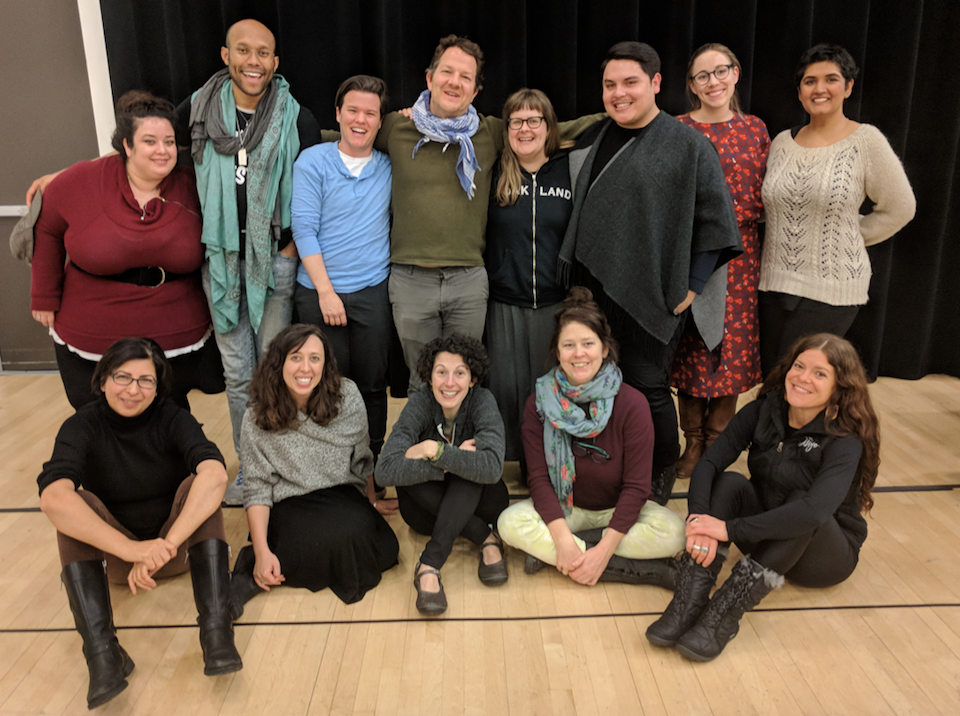







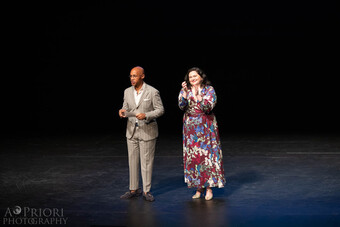


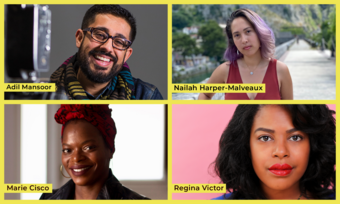

Comments
The article is just the start of the conversation—we want to know what you think about this subject, too! HowlRound is a space for knowledge-sharing, and we welcome spirited, thoughtful, and on-topic dialogue. Find our full comments policy here
Hi SJ! Thanks for engaging in conversation around the JUBILEE's relaunch. How do we move towards greater equity and inclusion in U.S. theatre? In some communities, this is a big thorny question with which to wrestle. In others, it's a question urgent to peoples very survival. And there's a range of experiences inbetween. As a result, there are numerous efforts occurring in theatres, with service organizations, and even between groups of individuals to address this question through action. The JUBILEE is one such effort: it is a movement that invites institutions and individuals to face the question, self-reflect, and then plan a single season. Everyone isn't going to accept our invitation, we know that. That's ok because an invitation isn't an expectation and there are all those other efforts. I, along with my JUBILEE colleagues, are warmed to learn that you too want to hear unheard voices. I look forward to learning what efforts you discover and join. Thank you once again and have a great end to your week!
What you're suggesting violates liberal principle and federal law, so I'm fairly certain this is the wrong path.
Playwrights are produced because of relationships. Why not have a Jubilee that, say, instead of having theatres pledge to discriminate based on race, suggested they produce previously unproduced playwrights, regardless of race? Why not ask them to pledge to produce new work by new writers? This doesn't guarantee inclusion and diversity, but it's also not a race/gender/sexuality based system of producing artists. Which is a plus.
You want theatres to sign a pledge to make artists' race, gender, and sexuality the deciding factors in whether or not they will be produced. You want them to pledge to only produce certain races. Certain genders. Certain sexual orientations. You want to make artistic decisions for an entire year based on immutable characteristics of the artists.
This is what you are calling for. A chill just ran down my liberal spine. This is not progress. This is moving us to a race/gender/sexuality based quota system. You won't use the word quota, because you know the concept is unthinkable to a liberal mind, but you are openly saying that equality of opportunity does not work. You are calling for equality of outcome based on characteristics no one chooses and no one can change. You're not calling for a certain percentage. You want all creative decisions to be race based.
This has gone too far. It is illiberal. I will flat out say it: This is wrong. To define artists by these characteristics is something the left fought against for decades. If there are any liberals left out there who do not want artists to be defined by these metrics, please let me know.
I want theaters to produce the best work available. I think too much of that best work is passed over because of immutable characteristics. Statistics show year after year that my industry is biased (https://www.dramatistsguild.com/advocacy/the-count-2/). By the framing of your post I think we stand together on a whole mess of topics. I would love to stand with you on this. I want a nationwide theatre festival celebrating unheard and underheard artists. But we can also disagree and still both be liberal. I appreciate your great passion.
I'm sorry, but these stats do not show bias. They can't. They only show disparate outcomes. Correlation does not prove causation. This needs to be said because this data has been cited to prove discrimination for years, In Intro to Stats courses they tell you that you can not claim this as proof of anything other than disparity. We have to stop telling people this proves bias and discrimination. It doesn't. It suggests bias, but we'd have to run an experiment to prove it. And we've run the experiments. We have altered season programming and festival rules and done everything we can think of operating under the hypothesis that this disparity is caused by bias. Nothing has changed.
This suggests we're wrong.
I want to hear unheard voices, but we cannot discriminate to do so. It morally unacceptable on its face. And it's a bad idea. We cannot continue to break people down by these characteristics. It always, always, always leads to conflict. Always. We are watching a new form of tribalism emerging from the left, and I cannot stand with it. In fact, its not emerging, it's here. It's not going too well, is it?
There will be problems. I guarantee there will be conflict over who qualifies and who doesn't, based on identities. Hell, if any of the theatres who pledge receive federal funds, they will be breaking the law by discriminating based on race, gender, and sexuality.
As I said before, this is wrong. One would have to decide that discrimination is acceptable in certain circumstances, which means our principles are not actually principles. And the real world, on-the-ground consequences are here and they are driving people toward conflict.
No.